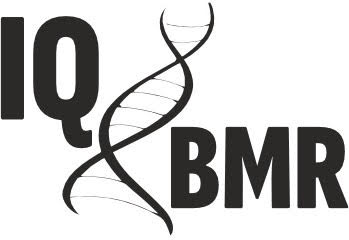Simona NICHITUŞ, Viorica RARINCA, Alin CIOBÎCĂ
ABSTRACT :
Eating disorders and obesity represent interconnected conditions with profound medical and psychosocial consequences. Beyond metabolic and cardiovascular complications, obesity is frequently associated with stigma, discrimination, and reduced quality of life. The etiology of these disorders is multifactorial, involving genetic, environmental, and psychological factors, with irrational beliefs and maladaptive eating attitudes playing a central role. Psychological dimensions such as emotional dysregulation, stress reactivity, depression, anxiety, personality traits, and body image disturbances significantly contribute to the onset and maintenance of disordered eating. These factors interact dynamically, reinforcing cycles of maladaptive behaviors that sustain both obesity and psychiatric comorbidities. The present study explores eating attitudes and irrational food-related beliefs in normal weight versus overweight individuals, aiming to highlight the cognitive and emotional mechanisms underlying unhealthy eating. Findings are expected to support the development of integrated prevention and intervention strategies that address not only behavioral and physiological aspects but also the psychological vulnerabilities driving obesity and eating disorders.

